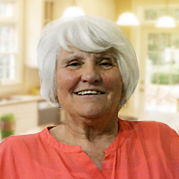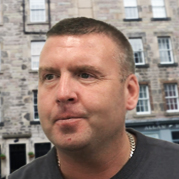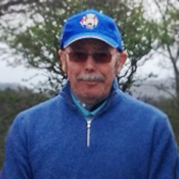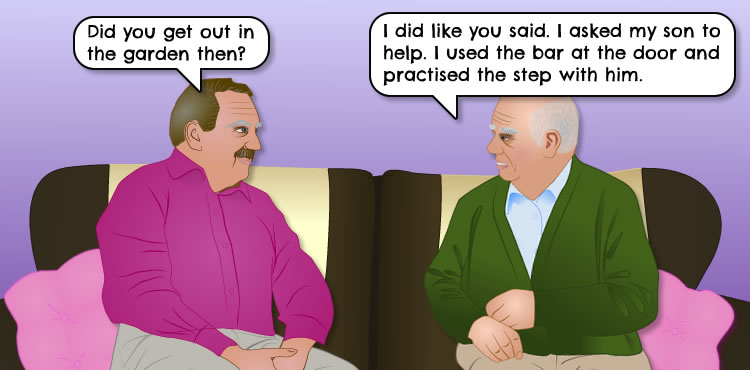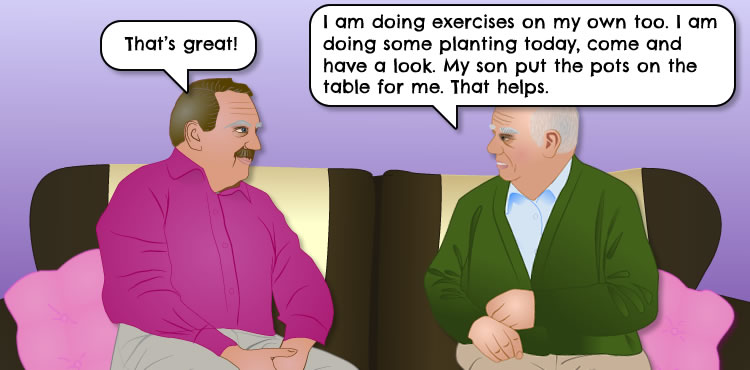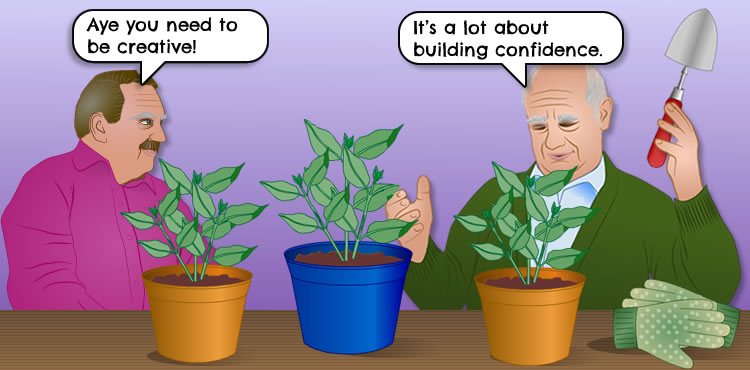Thank you for looking at this section of the selfhelp4stroke website. My name’s Dave Bertin and I work in the Voices Scotland team which is part of Chest Heart and Stroke Scotland and within that team we look at all sorts of way of supporting people to self manage their condition. I’ve had an interest and been a user of mindfulness for many years and we found it a really useful thing for people after they’ve had a stroke so I want to take a little time just to introduce to what mindfulness is and tell you a bit about it. It will be just an introduction to give you some ideas about you can find more information and then last of all, talk you through a mindfulness exercises.
Mindfulness is just a way learning to relax and there’s all sorts of worries that people sometimes have about learning something like relaxation. People sometimes think it’s kind of spooky and weird and that you got to sit cross-legged on a on a mat or a carpet or something, but actually mindfulness is something that you can do any time of the day: waiting for a bus, standing in a queue, to sitting at home quietly or even walking down a street, walking through a country lane or through a busy city. It’s something that you can use throughout your life. It’s not something that you have to go off into a quiet room and lay down and practice. So where does mindfulness come from? Well it comes from that experience we often have as children. If you think back to when you were a child and you know that sense of when you were totally absorbed with play… so you’re reading a book or you’re playing with your toys, or you were playing with your friends and you’re completely absorbed in that moment. Nothing else bothered you or nothing interrupted your thoughts. You were just doing one thing at that time. What mindfulness is trying to do is to get you back to concentrating on one thing at one time.
Basically, what you’re trying to do is concentrate on what’s happening right at this moment and try and shut everything else out. So it’s not about controlling your thoughts it’s actually just narrowing them down into one thing and that may sound a bit strange and you might think “how am I gonna do that?” It is a skill. When you go through the exercise that I’ll talk you through at the end of this introduction, you may find that it doesn’t work for you but you what you have to remember is that perhaps you’re going to have to try it two or three times, maybe even half a dozen times before it works for you. If you think about any new skill that you have to learn… say learning to ride a bicycle for the first time, or when you learned to drive a car, or when you learned how to use a computer, it feels quite strange and odd. Mindfulness won’t be any different to that.
Practice makes perfect and the key thing in mindfulness is that what you’re trying to do is just let your mind go where it wants to go but at the same time you’re trying to focus on one thing at one time. The way to do that is to concentrate on your breathing. If you can learn to slow down your breathing and control your breathing, and focus on your attention on breathing, you’ll be surprised at how much better you can feel in terms of feeling less stress and less anxiety.
At the page on the website they’ll be some links to take you to more information – a book, or website that you can look at and I would recommend that you do that. The evidence mindfulness now is really very good in that it shows for example that it reduces blood pressure, it can help with insomnia and also more importantly them probably both those it gives people a sense of control again over there life sometimes when you’ve had a major illness it can feel like things are kinda out of your control. Mindfulness gives you a little bit of time, a few moments in the day when you actually feel much more in control of what’s happening to you. We’re suggesting that you try it out a few times and hopefully you’ll find some use from it, so good luck with it.



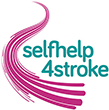
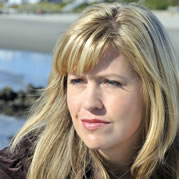
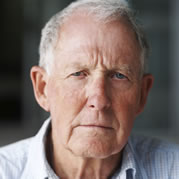

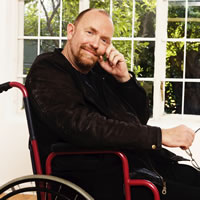
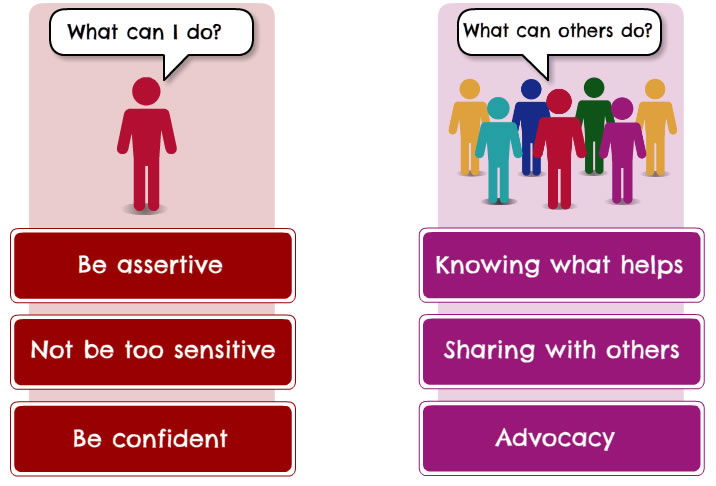
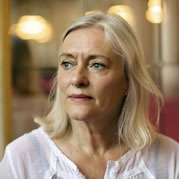
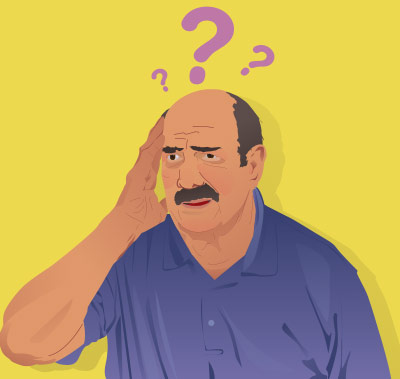 We have heard from Mary, Allan and Brian and we’ve seen how overcoming barriers and increasing activity can be motivating. So how do you know if increasing activity is making a difference to you?
We have heard from Mary, Allan and Brian and we’ve seen how overcoming barriers and increasing activity can be motivating. So how do you know if increasing activity is making a difference to you?